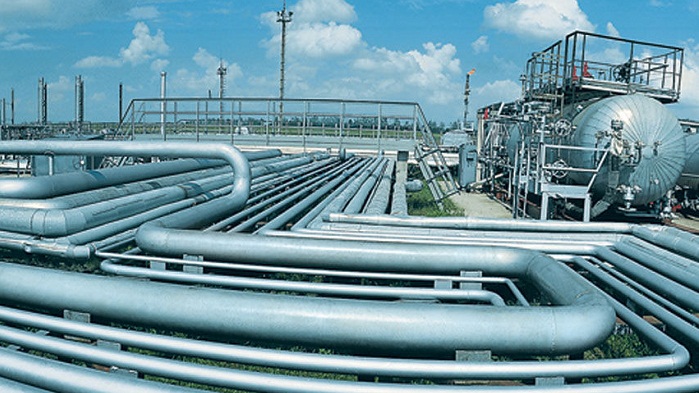“TAP will not transport any sanctioned gas under the current political circumstances,” a source said.
A new round of talks between P5+1 group and Iran is being held in Vienna on October 16. Trilateral nuclear talks among Iranian and US foreign ministers Mohammad Javad Zarif and John Kerry and EU foreign policy chief Catherine Ashton were held on Wednesday.
Following that meeting U.S. State Department official stated about some progress which has been made in high-level negotiations on Iran`s nuclear program.
Nuclear talks in Vienna this week were difficult but the progress was made and possible solutions discussed, according to Iran`s foreign minister minister Mohammad Javad Zarif.
Iran has been negotiating with the P5+1 group over the past year to find a solution to the long-standing Iran nuclear row.
In November last year, relevant sides agreed on an interim deal and planned to reach a comprehensive accord on July 20. Under the deal, Iran suspended sensitive nuclear activities in exchange for limited sanction relief.
In July, Iran and the six major countries agreed to extend negotiations for another four months till Nov. 24, as they were unable to narrow down significant gaps on core issues over the previous six months.
Iran’s nuclear program seriously prevents the country from becoming a major energy player. The country being the second-largest proved natural gas reserve holder with 18.2% of the world`s proved natural gas reserves, can not be a supplier for such large project as the Southern Gas Corridor.
Theoretically, Iranian gas could be an additional alternative source for the supplies to the European markets, which would be transported via TAP in the long term perspective.
The project was selected by the consortium of Azerbaijani Shah Deniz field development as the transportation route to the European markets. The first sales of Azerbaijani gas to Georgia and Turkey are targeted for late 2018, first deliveries to Europe will follow approximately a year later.
The initial capacity of TAP will be 10 billion cubic meters per year, but it can easily be expanded to 20 billion cubic meters per year as the new volumes of gas come on stream. TAP’s shareholding is comprised of BP (20 percent), SOCAR (20 percent), Statoil (20 percent), Fluxys (19 percent), Enagás (16 percent) and Axpo (five percent).
More about:















































